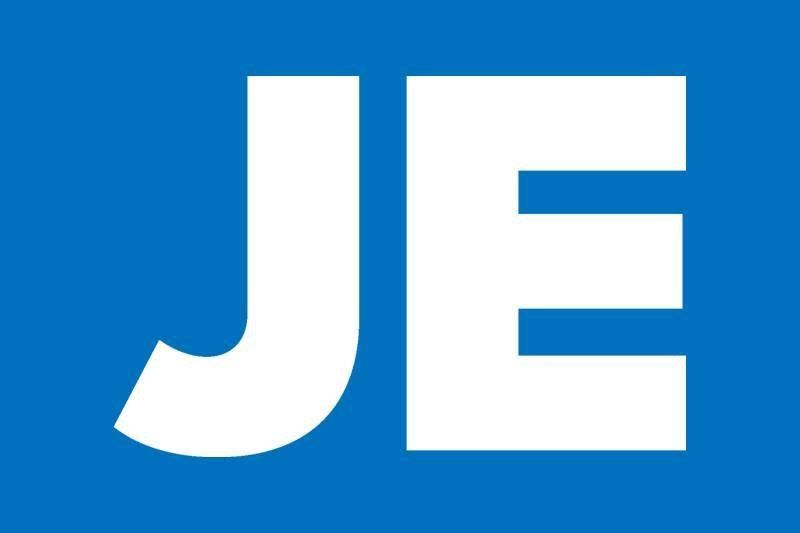Andrew Goretsky
We should be celebrating our children’s milestones, not holding our breath.
Yet here we are again — on edge, counting incidents, scanning headlines and wondering whether the next knock on the door is a delivery driver or a threat.
I am very grateful for the work of the FBI and the U.S. Attorney’s Office. However, the arrest of the Maryland man charged with mailing dozens of violent screeds to synagogues and Jewish nonprofits, including here in Philadelphia, is a moment of relief, but hardly of repose. It lands amid a terrifying cascade of incidents that have left the Jewish community facing an unprecedentedly high threat environment
• The Molotov cocktail attack on Gov. Josh Shapiro’s residence while his family slept.
• The fatal shooting of two young people — Sarah Milgrim, 26, and Yaron Lischinsky, 30. They were leaving a Jewish event from the Capital Jewish Museum in Washington D.C., and were shot in the back.
• The firebombing of peaceful marchers calling for the release of hostages still held by Hamas.
Every antisemitic murder on U.S. soil last year had been carried out by extremists of the far right. That grim ledger changed in an instant in Washington: these killings flowed from a radicalized, far-left ideology that dehumanized individuals who support Israel’s right to exist, until bullets followed words. We can never again say Jew-hatred is someone else’s partisan problem.
I wrote last summer in The Philadelphia Inquirer that I had to hire armed security for my son’s bar mitzvah. I feared that normalizing hate would invite exactly the violence we are now living through. My worst fears have been realized — and I refuse to let this new normal prevail.
The New York Times editorial board captured the stakes: antisemitic hate-crime rates are 291 incidents per million Jews — higher than any other group tracked by the FBI. The trend lines to this type of violence are unmistakable: biased attitudes lead to acts of bias — threats morph into vandalism, vandalism into assault, assault into murder. Add modernized, ancient old conspiracy theories against the Jewish people that paint every Jew as an avatar of Israel and every Israeli as a global puppet master, and you have a powder keg.
I have said it at rallies, campuses and interfaith events: I want peace, prosperity and dignity for both Israelis and Palestinians, and I want the Hamas terror threat eliminated. Nothing happening 6,000 miles away excuses antisemitism here. The antisemitic terror we have just endured — arson, attempted assassination, firebombs, poison-pen letters — is the direct result of bias and disinformation that has been left to fester.
So where do we go from here? Three urgent steps:
1. State-level antisemitism task forces.
Every governor should mirror New York’s recent model: dedicated prosecutors, civil rights investigators, online-threat analysts and victim-services staff who are focused on anti-Jewish hate.
2. Comprehensive extremist-violence units.
Ideological violence has no single political home. Task forces must map, monitor and disrupt both far-right and far-left networks before the next Boulder, Colorado, arsonist or the next Washington, D.C., gunman strikes.
3. A frontal assault on disinformation and misinformation.
Online platforms, universities and civic leaders must treat anti-Jewish conspiracy theories in the way in which we finally learned to treat pandemic hoaxes: flag them, debunk them and de-platform the repeat offenders. The same goes for hateful content that demonizes any identity group.
Jewish tradition teaches that preserving life takes precedence over almost every other commandment. Today that obligation falls not just on Jews but on every American who believes that pluralism is worth defending. The arrest of a prolific hate mailer is progress. It is not protection. That will only come when governments, educational institutions, tech companies and communities decide that allowing hate to grow quietly among us is no longer an option.
We can still choose a different future. But as the armed guards inside my synagogue and the sirens outside my synagogue remind me, the time to choose is now.
Andrew Goretsky is the regional director of ADL Philadelphia, serving Eastern Pennsylvania, Southern New Jersey and Delaware.
